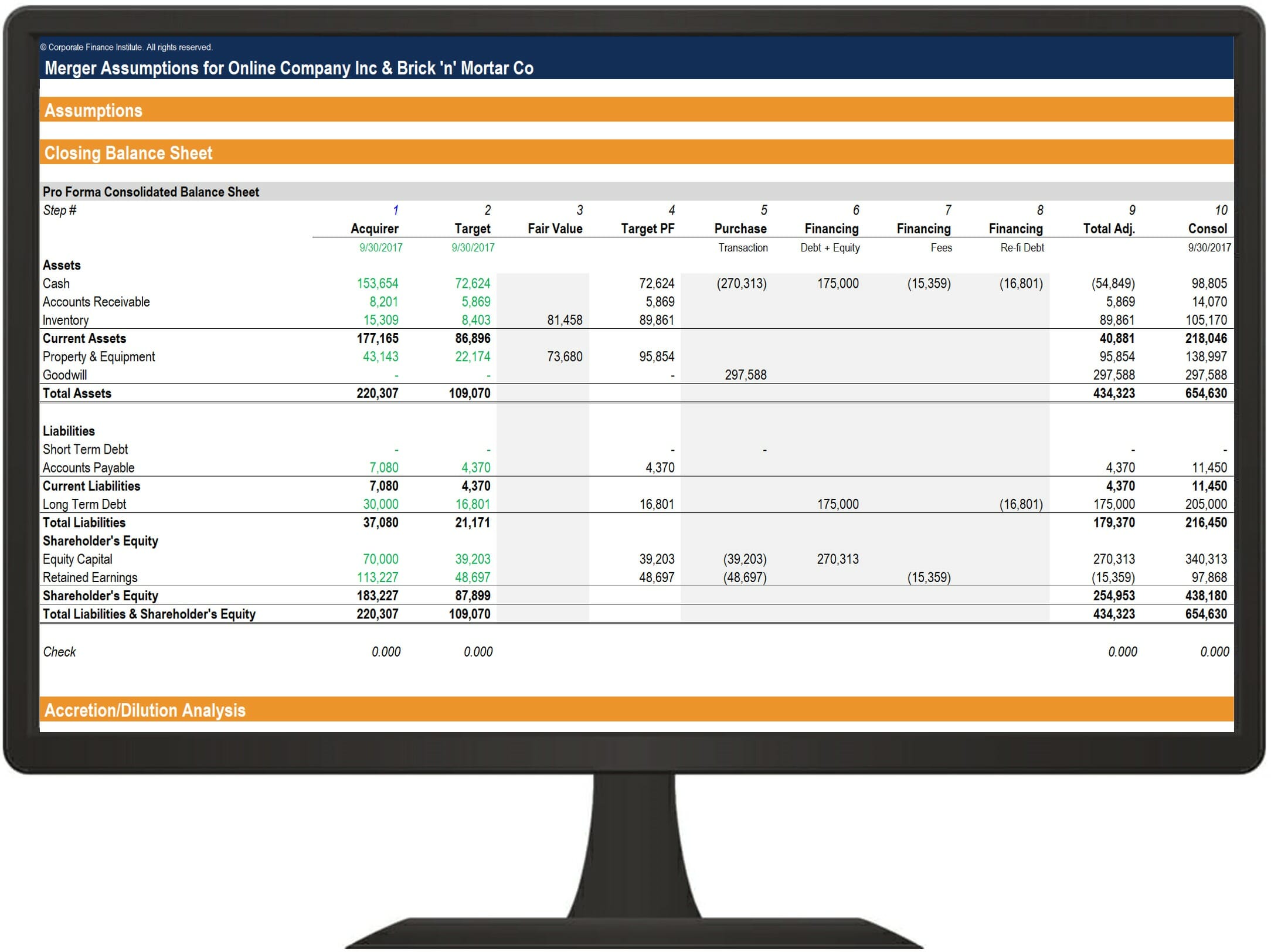Finance can be a daunting aspect of a business for first time founders. Managing the sheer quantity of invoices coming in while keeping an eye on your company’s financial health can quickly fill up your days.
We’ve put together our most useful tools to help you automate your finance function. Instead, you can focus on what you enjoy doing most – growing your business.
Our mission is to empower all startups with financial clarity. These are the tools we use to do it.
Accounting Software
If you’re based in the UK, Xero is your go-to accounting software. About 85% of businesses in the UK use Xero. Xero is cloud-based, cheap and used by most accountants. There’s even a free service to migrate to Xero from Quickbooks or Sage, called movemybooks.
Bookkeeping
The most daunting finance task for founders is often collecting receipts and invoices. It’s never ending and it’s the last thing you want to think about. Receipt Bank automates much of this process. You simply snap a photo of your receipt and upload it. The photo gets translated and creates a bill in Xero with a copy of the receipt. You can also set up email rules to auto catch invoices in your inbox. Use this with an acccounts@ email address to further customize.
Invoicing (Advanced)
Managing payment of invoices is step one in cash management. Xero is usually enough for most startups who aren’t drowning in invoices. In Xero, you can setup repeating invoices, auto-reminders, customize formatting and the reporting isn’t too bad either.
However, if you do need something extra for your invoicing, we recommend looking at Chaser. Chaser has additional features for following up and tracking outstanding invoices. If you’re a subscription-based business, we recommend using Recurly. Both of these tools give you the additional ability to collect payments through the platform. You will also get some extra analytics not available in your accounting software.
Cashflow Management
Float is a helpful tool for maintaining a simple forecast, visualizing cash movement and tracking your cash to budget. One of the big benefits is it syncs with your Xero account so you can track your performance to budget quickly and often. You’re able to monitor upcoming bills you need to pay and invoices which are past due. It also offers the ability to upload budgets, scenarios and forecasts.
Team Debit Cards
If your business is growing, you will want to give your team the ability to make payments on their own. Pleo allows you to create cards for your team and set limits on their spend. It also pushes your team to snap photos of receipts whenever they make a purchase.
Expense Reimbursements
This is another area where Xero may have you covered. Xero has introduced Xero Expenses which allows you to add unlimited users so it costs nothing extra. Employees can download the Xero app to snap photos of receipts and upload them directly. Then at the end of each month Xero gives you a list of expense reimbursements for your approval.
If you’re unhappy with Xero’s functionality or find expense reimbursements unmanageable to the next best option is Expensify. Expensify allows you to manage a large number of reimbursements and payments for those claims. It has a much simpler interface for users and some reporting tools to allow you to track expense claims more closely.
Bank Account (International)
Probably the most contested area for finance tools. Transferwise nearly beats out the competition. Transferwise is no longer just a peer to peer FX platform. You can setup current accounts in multiple currencies, issue debit cards, and upload batch payments.
Bank Account (UK)
If you’re a small business operating solely in the UK we recommend Tide. It’s an incredibly quick sign up, usually getting a card in a day or two. As with all tools we recommended it integrates directly with Xero for live bank feeds.
Payments (Direct debit)
If you’re accepting recurring bank payments you should use GoCardless. It allows you to send sign ups to users, create recurring payment plans and most importantly accept direct debits. Processing fees are incredibly low, usually only costing £2 per transfer.
Payments (Credit Cards)
If you’re taking online card payments you’re likely already using Stripe. It’s quite flexible in terms of development and around industry standard in terms of fees.
Payments (Physical)
One of the quickest ways to accept payments in physical retail is with iZettle. Sign up is quite simple and you can expect a card reader to arrive in a few days.
Financial Reports (Basic)
Again we recommend Xero for financial reports until you need something more advanced. The complexity of your reports should depend on several factors. Some of these will include turnover, capital structure, debt payments, number of business units and number of products.
Financial Reports (Advanced)
We typically recommend Spotlight for more complex reporting. Spotlight is best when you have multiple companies, business units, products or locations. You can use Xero tagging to segment these more complex reports. Spotlight has a wide range of reports to choose from and integrates directly with Xero. There is a bit of a learning curve to using this tool. At Ralston we offer training, initial setup and maintenance. If you think you might need some support with this tool let us know!
Reporting & Analysis (Advanced)
Fathom is great reporting tool that presents your financial information in beautiful graphs with explanations and analysis. It also offers KPIs tracking and growth analysis. All you need to do is link it to your Xero account, set up your reports and Fathom will run, analyse and share your reports monthly — basically running all of your analysis and reporting for you!
US Payroll & Benefits
They are highly intuitive, easy to set up, integrate with Xero and ReceiptBank, are a full service provider, offer additional employee benefits on the platform as well, and charge straight to a bank account – so no need for local debit/ credit cards
Cap Table Management
Captable.io (US) Free solution for cap table management and modelling, easy to use requiring a simple excel upload to get started.
SeedLegals (UK) Easy Cap table management, Legal documentation for funding rounds, and share issuance & valuation support all in one place.
DIY Tools
If you’re looking to do some DIY finance work there’s a great tool called G-Accon. G-Accon allows you to auto-push reports directly from Xero into Google Sheets. From there you can setup reports or analyses or connect the sheets file to your analytics database. Once these reports are in G-sheets you can easily send the data Zapier to connect those financial reports to all of your favorite apps like Slack, Dropbox or Gmail.
Forecasting & Budgeting
This wouldn’t be much of a financial tools list without Excel. It’s still the number one tool for most adhoc solutions. There are a number of tools attempting to replicate Excel’s ability to forecast but we find them quite limited and rigid. If you’re looking for a simple forecast we recommend finding an Excel template that fits your business model.
If you’re looking for more advanced financial models we recommend working with a finance professional. At Ralston we have extensive experience in this area. We also offer a free initial consultation. So if you have questions in this area let us know.
Did we miss anything? We’d love to hear what you think or other resources you’re looking for.



